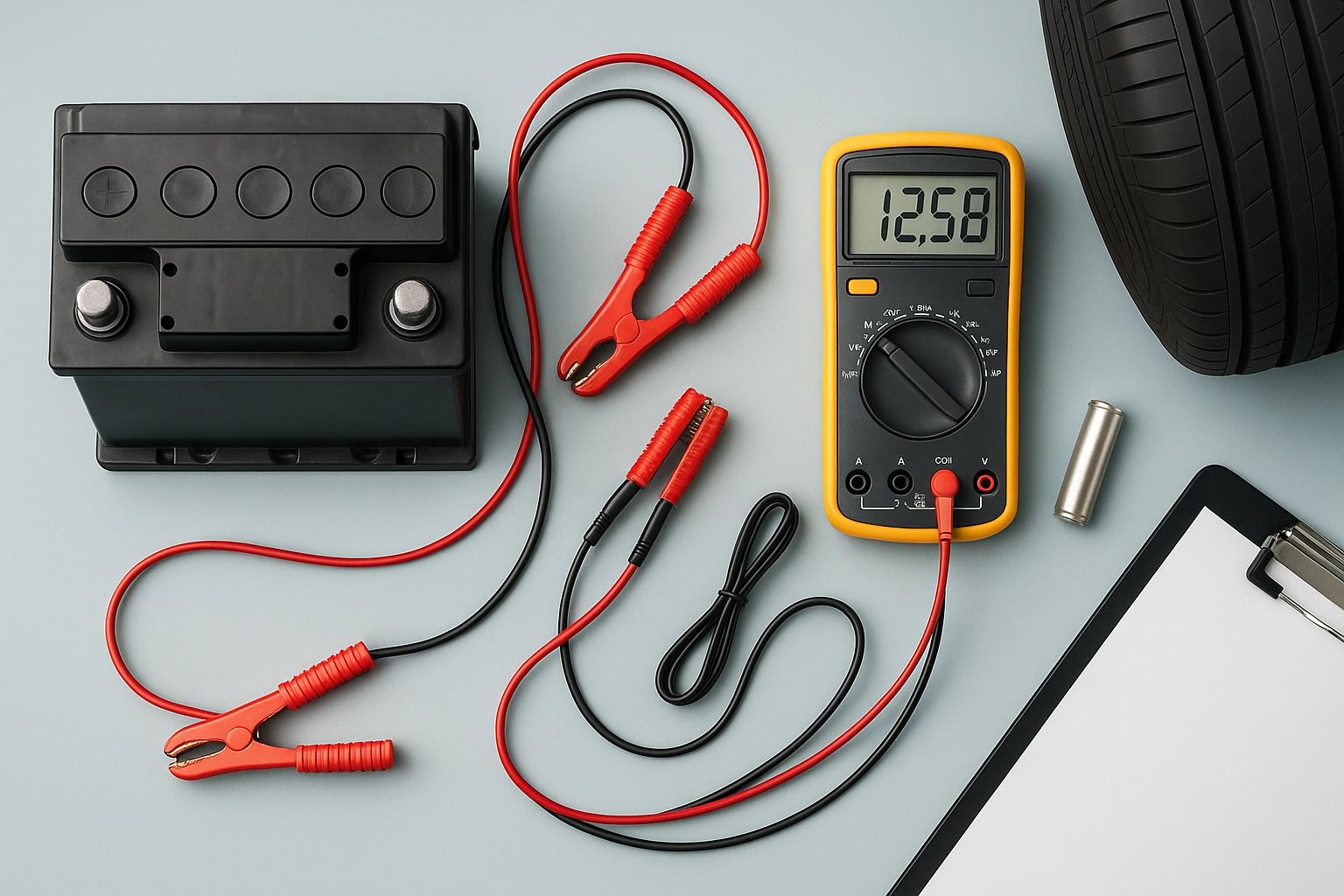UL 1973 Energy Storage Battery System Testing
The UL 1973 standard is a critical framework for ensuring the safety and performance of energy storage battery systems in automotive applications. This comprehensive testing service encompasses a broad range of procedures designed to evaluate the electrical, mechanical, thermal, and chemical stability of these systems under various operating conditions. The primary focus is on identifying potential hazards that could lead to fire, explosion, or other accidents.
UL 1973 testing involves multiple stages, each aimed at different aspects of system integrity. Initial tests include component-level assessments such as short circuit and over-temperature performance checks. These ensure individual parts meet the stringent requirements set forth by UL before being integrated into a complete battery system.
The next phase focuses on the entire assembly. This includes cycling endurance testing, which simulates real-world usage patterns to gauge long-term reliability. Additionally, safety margin tests are conducted to confirm that the design can withstand stresses beyond normal operating parameters without compromising structural integrity or triggering hazardous conditions.
Thermal stability is another key area of focus during UL 1973 compliance assessments. This involves exposing batteries to extreme temperatures and monitoring their behavior over time. The goal here is to ensure that even in challenging environments, the battery remains stable and does not pose a risk to surrounding components or users.
Electrical performance testing covers a wide array of metrics including voltage stability, capacity retention, and charge/discharge efficiency. These tests help verify that the battery meets the expected performance levels outlined by the manufacturer specifications and regulatory requirements.
Compliance with UL 1973 not only protects end-users but also enhances brand reputation and market competitiveness for automotive manufacturers. By adhering to this rigorous standard, companies demonstrate their commitment to safety and quality, which can translate into increased customer trust and loyalty.
The testing process typically involves collaboration between the laboratory team and the client's engineering department throughout the project lifecycle. This ensures that all unique design elements are accounted for during evaluation. Regular communication helps align expectations and address any concerns early on in the process.
| Applied Standards | Description |
|---|---|
| UL 1973:2021 Edition | The latest edition of UL's comprehensive standard for energy storage battery systems, providing detailed guidelines on testing procedures. |
| IEC 62619 | A supporting international standard that provides additional insights into the design and operational requirements of energy storage systems. |
Applied Standards
The UL 1973 Energy Storage Battery System Testing service strictly adheres to the latest edition of UL 1973, which sets forth detailed testing protocols. These protocols are designed to ensure that energy storage systems meet stringent safety and performance criteria.
| Applied Standards | Description |
|---|---|
| UL 1973:2021 Edition | The latest edition of UL's comprehensive standard for energy storage battery systems, providing detailed guidelines on testing procedures. |
| IEC 62619 | A supporting international standard that provides additional insights into the design and operational requirements of energy storage systems. |
Customer Impact and Satisfaction
Compliance with UL 1973 has a significant positive impact on both customers and manufacturers. For clients, it means peace of mind knowing that their products meet the highest safety standards before reaching market. It also opens doors to new markets where stringent regulatory requirements are in place.
For manufacturers, achieving UL 1973 certification enhances brand reputation and market competitiveness. It demonstrates a strong commitment to quality and consumer safety, which can lead to increased customer trust and loyalty. Additionally, it reduces the risk of product recalls or legal issues associated with non-compliance.
The testing process itself is rigorous but provides valuable insights into potential areas for improvement within the design and manufacturing processes. This information can be used by R&D teams to innovate and enhance future products further.
Customer satisfaction is a key indicator of our success in this service offering. Regular feedback from satisfied clients reinforces our approach and encourages continuous improvement. Our goal is always to exceed expectations, ensuring that every test conducted meets the highest standards possible.
Use Cases and Application Examples
The UL 1973 Energy Storage Battery System Testing service finds application across various sectors within the automotive industry. Here are some specific use cases:
| Use Case | Description |
|---|---|
| Battery Module Development | This involves testing individual battery modules to ensure they meet performance and safety requirements before integration into larger systems. |
| Complete System Integration | The entire system is tested as a whole to evaluate its overall stability, efficiency, and reliability under real-world conditions. |
| R&D Innovation | Testing plays an essential role in the research and development phase by providing data that can inform design decisions and optimize performance. |
| Compliance Verification | This ensures that newly developed products meet the necessary regulatory requirements, thus facilitating smoother market entry processes. |
One notable example is a leading automotive manufacturer who utilized our UL 1973 testing services during the development of their latest electric vehicle battery. Through this process, they were able to identify and rectify several issues early in the design phase, ultimately resulting in a safer and more efficient product.





